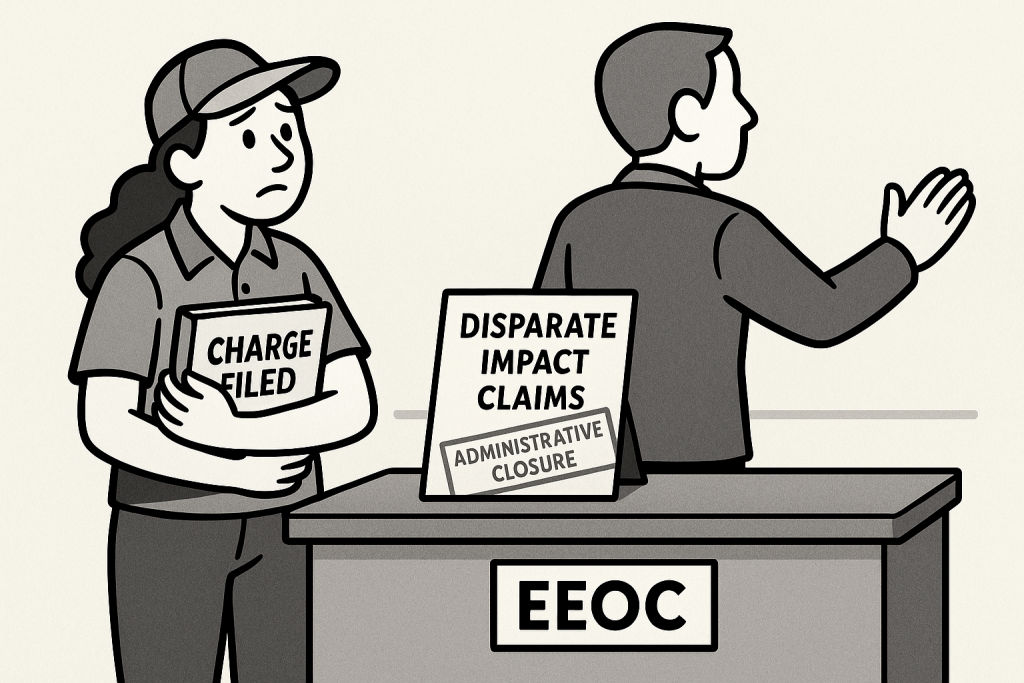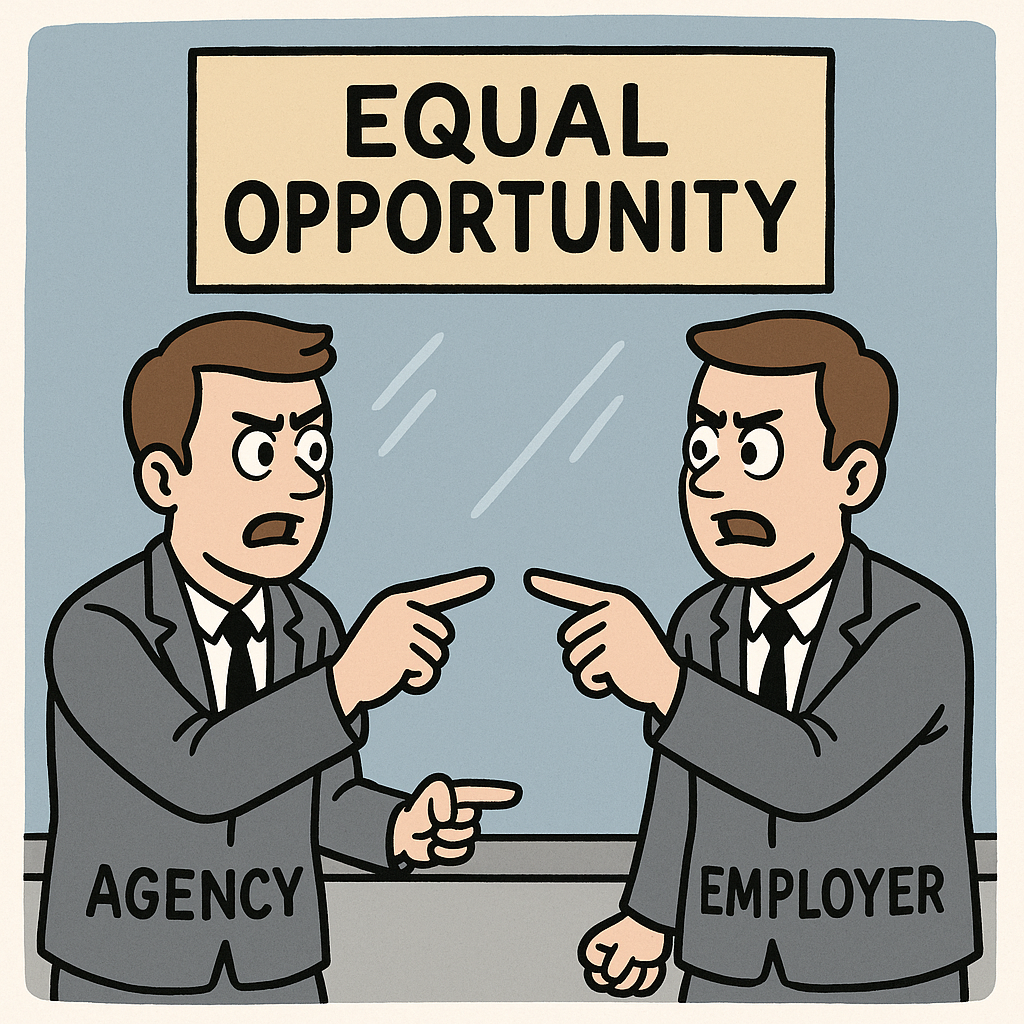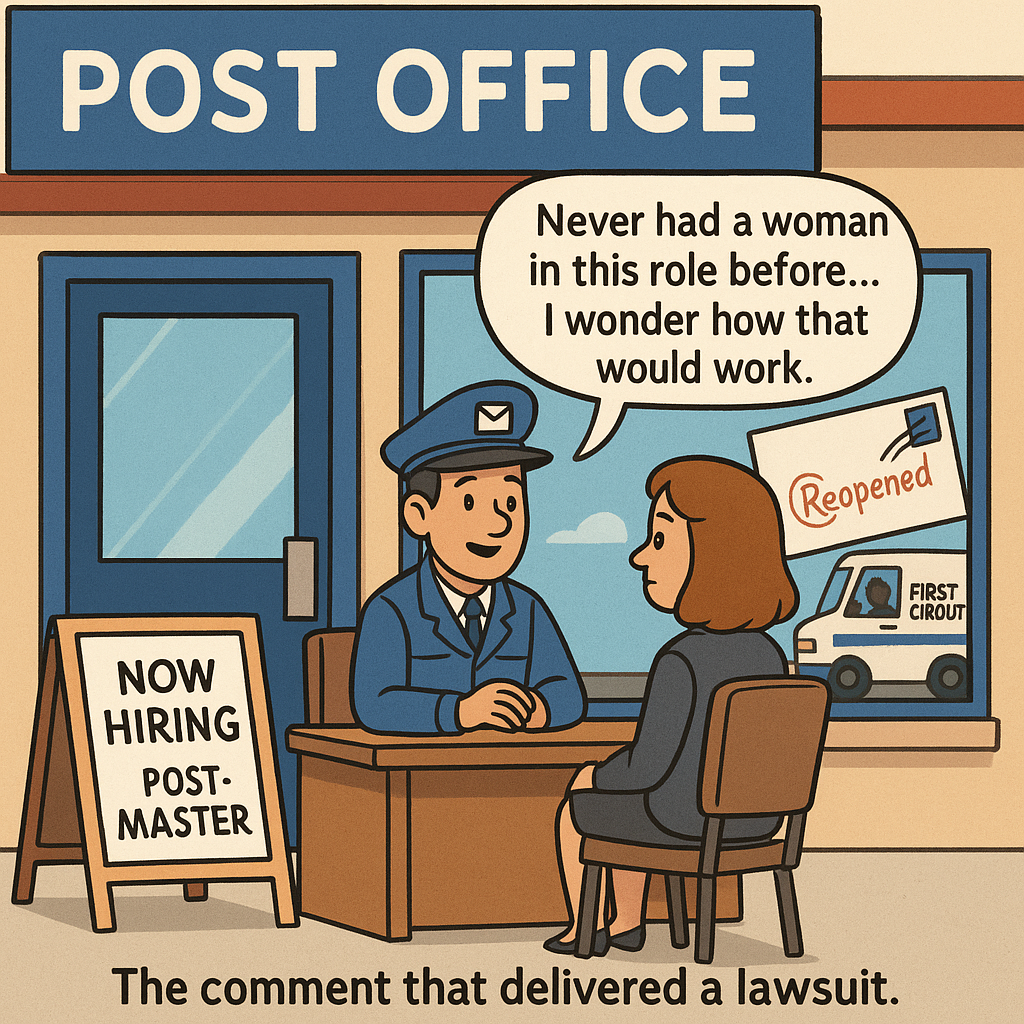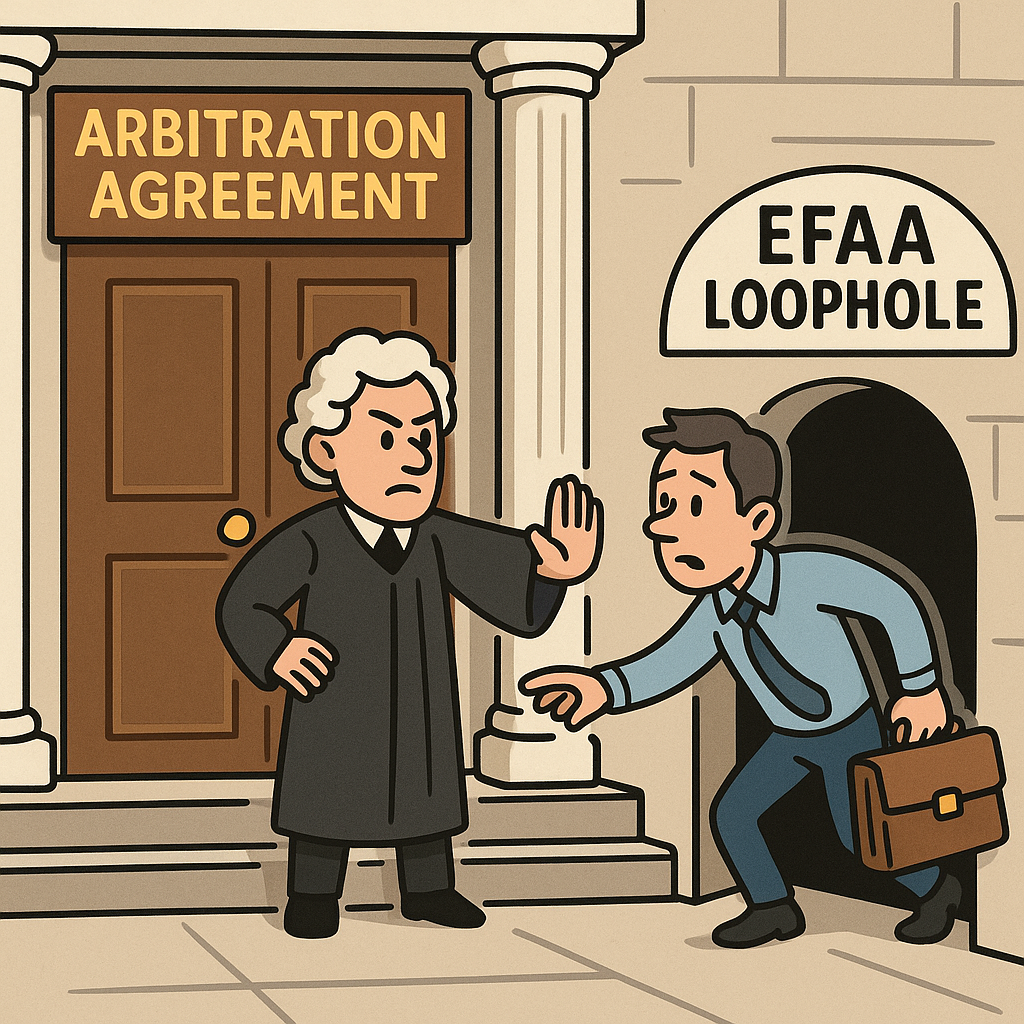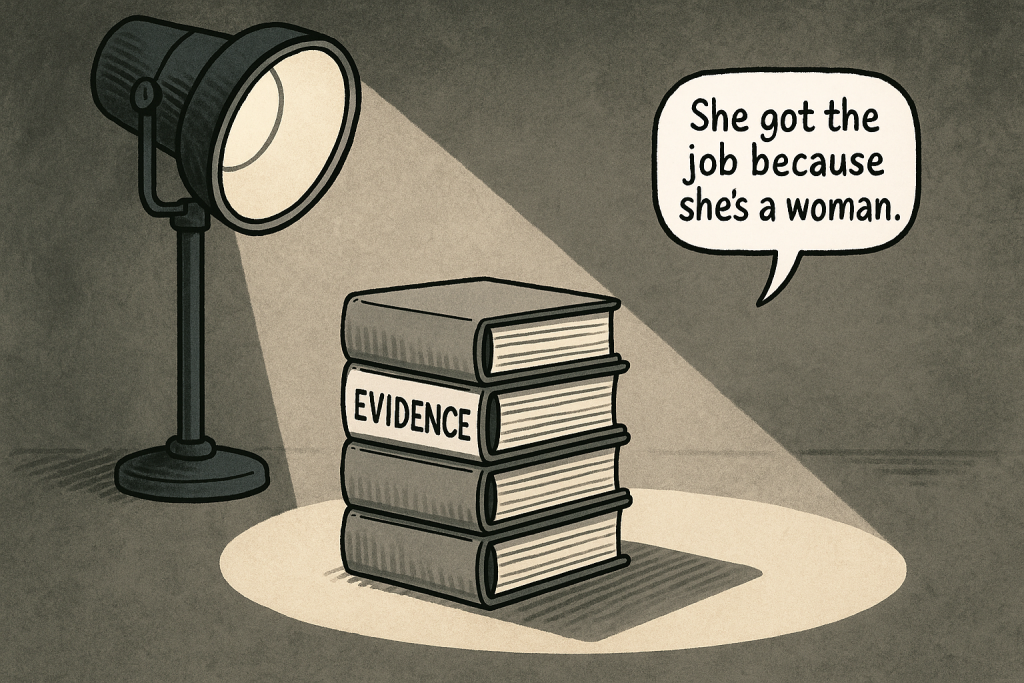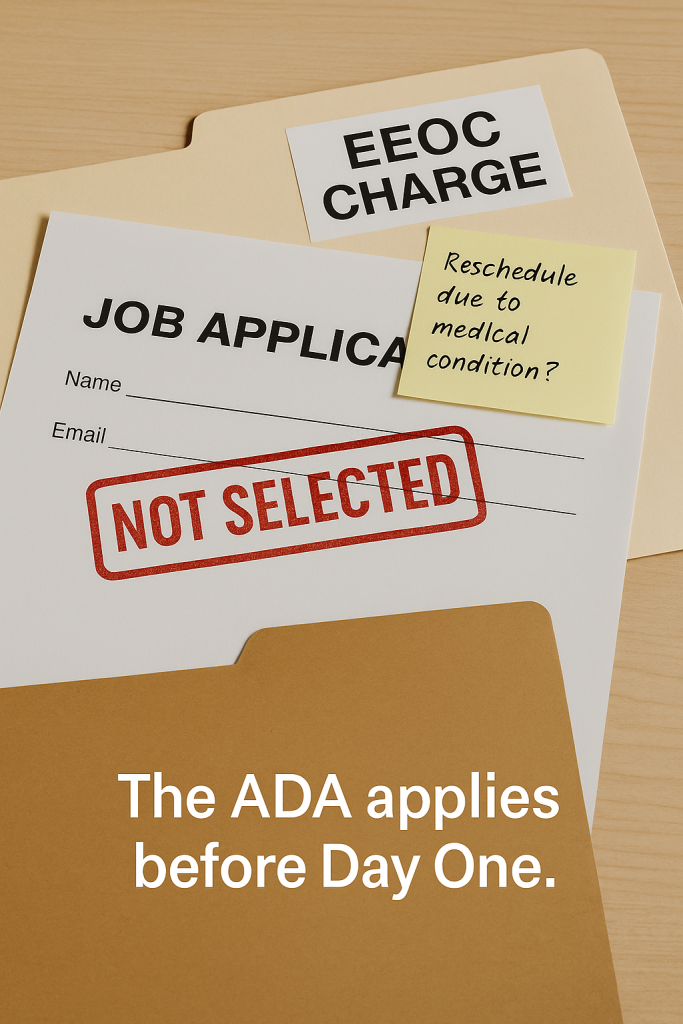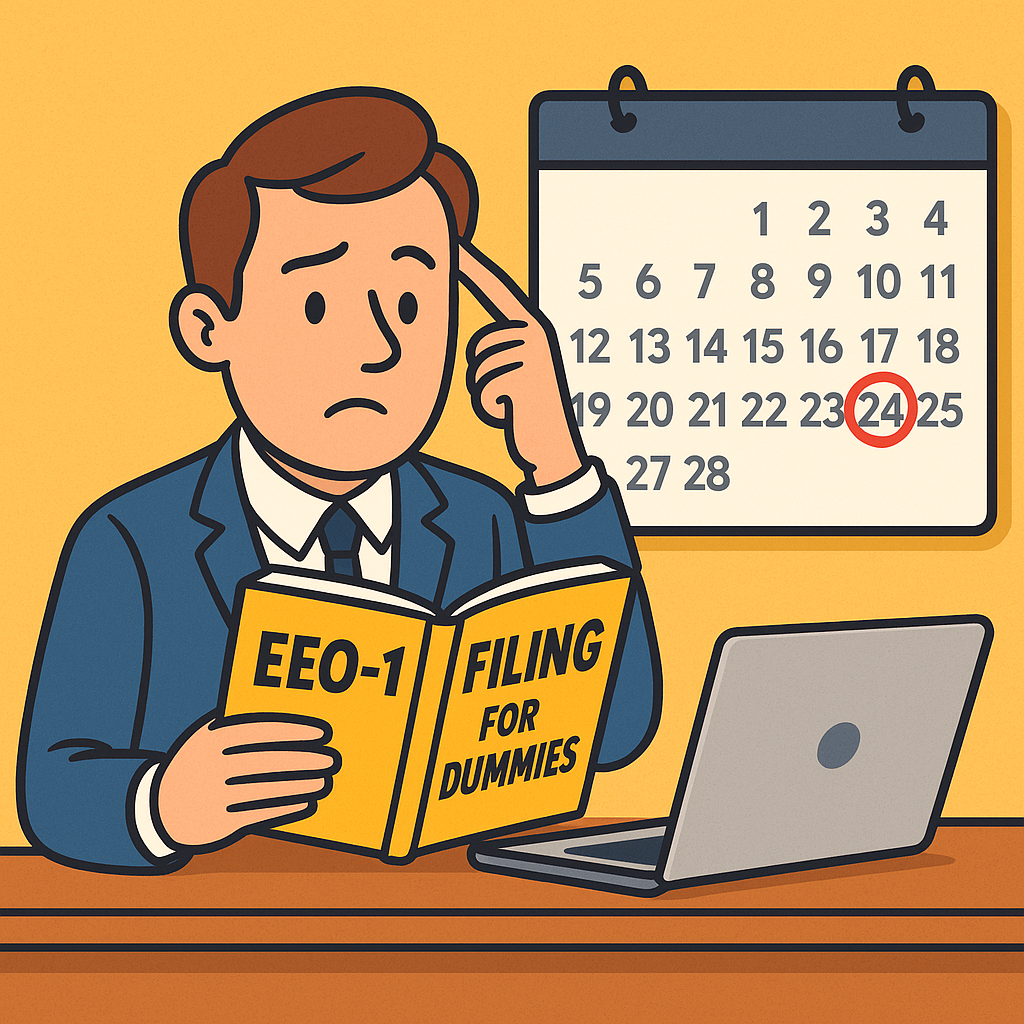Search
When the EEOC Walks Away, Employees Can’t Sue the EEOC Instead
The EEOC’s decision to pull back from investigating disparate impact claims has been loud, controversial, and headline-worthy. And for employees watching their charges get administratively closed in real time, it can feel like the agency has simply walked away. But federal courts are not there to referee agency priorities or second-guess investigations.
TL;DR: A federal court dismissed an employee’s lawsuit against the EEOC after the agency administratively closed her disparate-impact charge following a shift in enforcement priorities. The court held that charging parties have no judicially cognizable right to a particular EEOC investigation, and no standing to force the agency to reopen one. Whatever the EEOC does or does not do, Title VII of the Civil Rights Act of 1964 claims are litigated de novo against the employer – not the agency.
 The Employer Handbook Blog
The Employer Handbook Blog



